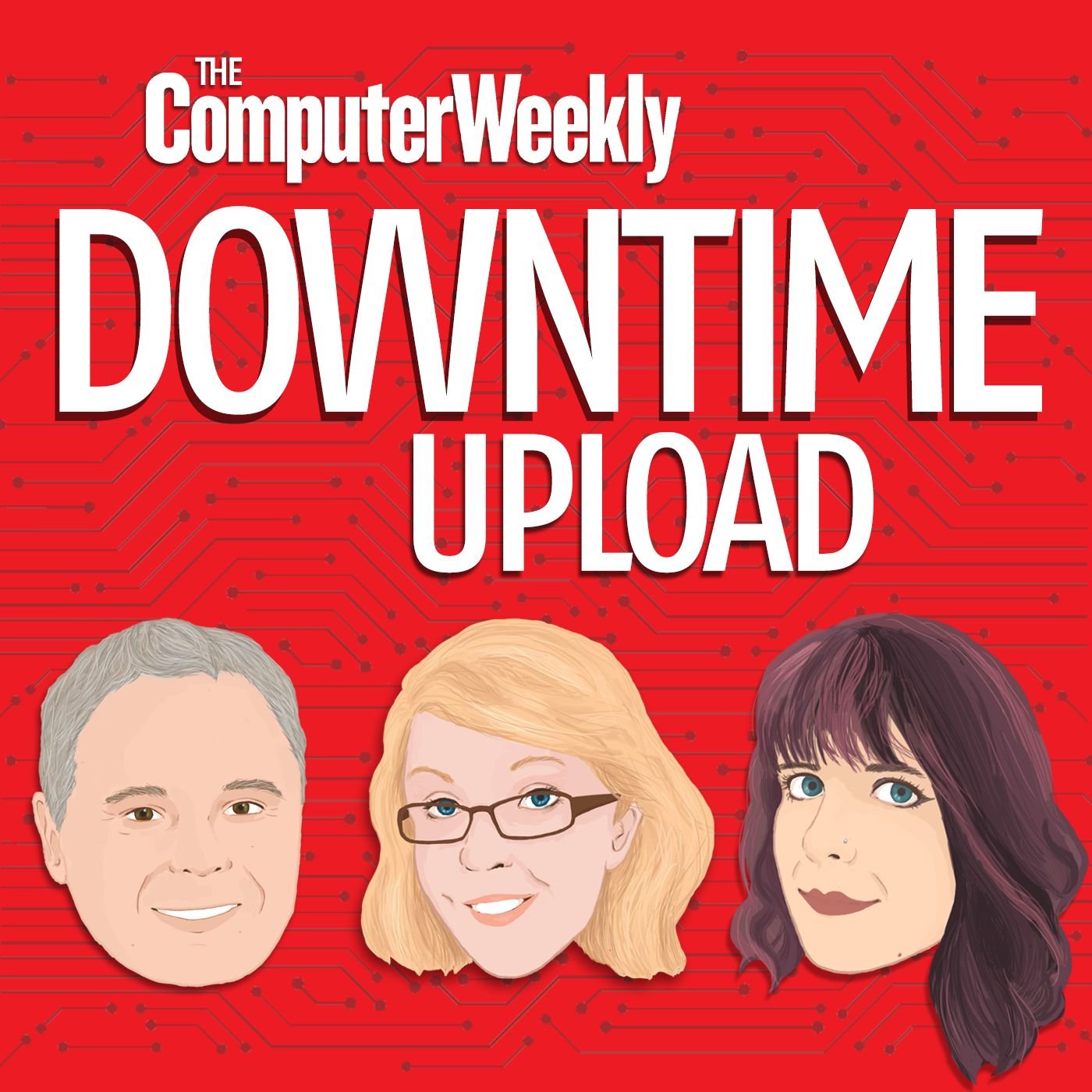
JDaniels
HMRC IT PAC rebuke, neurodiversity in focus – Computer Weekly Downtime Upload podcast

In this episode of the Computer Weekly Downtime Upload podcast, Caroline Donnelly, Clare McDonald and Brian McKenna discuss the recent Public Accounts Committee report into HMRC IT, neurodiversity, and Gaurav Dhillon as a Silicon Valley CEO
In this episode of the Computer Weekly Downtime Upload podcast, Caroline Donnelly, Clare McDonald and Brian McKenna discuss the recent damning Public Accounts Committee (PAC) report into HM Revenue & Customs (HMRC) IT, neurodiversity, and the career of Gaurav Dhillon, CEO of SnapLogic and co-founder of Informatica.
After some reflections on the inauguration of Joe Biden as president of the United States, alongside Kamala Harris as vice-president, the team gets into the main themes of the podcast, starting with HMRC’s supposedly world-leading digital tax system.
Caroline narrates the findings of the Public Accounts Committee’s investigation of HMRC’s IT estate, which found it to be behind on its grand modernisation ambitions. The PAC has given HMRC until the end of March 2021 to provide it with details about how it plans to rejig its technology investment priorities and spend more on modernising its IT systems. This deadline follows the publication of a report by the PAC that sought to assess whether the government tax collection agency has the capacity to deliver on its commitments.
The report concludes that HMRC “has spent too much of its IT budget on patching up legacy systems rather than modernising them” and that the “department accepts it should redress the balance between spending too much on legacy and not enough on investing for the future”.
Caroline gives the backdrop to the report – the 2015 ambition, expressed by the department, to become “one of the most digitally advanced tax administrations in the world”. That was before Brexit and the Covid-19 pandemic, to give mitigating context. Nevertheless, says the PAC, the “data and technology infrastructures” underpinning the systems used to process self-employed taxes are one typically acute area of concern, as these systems have not “kept pace with developments since they were put in place in the mid-1990s”.
Brian comments that the department did – at least, according to Mark Denney, who was interim CDIO at HMRC during the pandemic in 2020 – operate in an agile manner to deliver the Job Retention Scheme.
And Caroline acknowledges how huge and complex the delivery of HMRC’s IT systems is. It’s probably a job beyond all three of our intrepid podcasters. Nevertheless, it has to be said, why announce such a bombastic ambition back in 2015?
Neurodiversity as a farther frontier
Whatever may be the shortcomings of its IT systems, the UK civil service has made efforts to improve working conditions for neurodivergent staff, for example with a “Dyslexia and Dyspraxia Network”.
Clare moves the podcast conversation on to the topic of neurodiversity, circling back to a workshop Computer Weekly staged as part of a series in the lead-up to our annual diversity and inclusion in tech event, in partnership with Spinks, in October 2020.
Clare describes the workshop, which was delivered by Rachel Morgan-Trimmer, a neurodiversity coach and consultant. A video of it is available on ComputerWeekly.com, under the title Diversity and inclusion in tech: What is neurodiversity?
Rachel brings out the positives of conditions such as ADHD, autism, dyslexia and dyspraxia, says Clare. And she adds that Morgan-Trimmer is convincing when she says companies can make the most of neurodivergent employees at little to no financial cost, and with great creative benefit. It just takes a bit of empathy, care and thought. And it can help you serve your customers better – it takes all sorts to make a world.
Clare says she’s seen neurodiversity coming up the agenda in recent years. She also blogs about the workshop, and what she learned from it, in this post, Why cater to neurodiverse people in the workplace?
Gaurav Dhillon reflects on a Silicon Valley career
Improving diversity is something a lot of technology companies have been trying to during the pandemic in the wake of the Black Lives Matter movement that erupted in the US in the summer of 2020.
Gaurav Dhillon, CEO of SnapLogic, confirmed this has been an area of focus for his San Mateo, California-based company.
Brian talks in the podcast about an interview he did with Gaurav, who was speaking from his home quite near Stanford, for a personal profile piece.
SnapLogic offers a platform as a service for companies and other organisations to join up applications and data, both in the cloud and on-premise. Dhillon founded it in 2006, and he is well-known in the data management field and in the tech industry more broadly as the co-founder, alongside Diaz Nesamoney, of data integration pioneer Informatica, in 1993.
Gaurav was educated in India, and Brian says he asked him to reflect on the phenomenon of the success story of Indian immigration into the Californian tech industry.
The story of Informatica has the hallmarks of a classic Silicon Valley startup – from the business plan on a napkin, the pivot, and that all-important initial cheque from a venture capitalist. Not to mention lots of passion and hard work.
Gaurav also told Brian about the rise and fall of his video on-demand company Jamon. The common thread to that and SnapLogic is, according to Gaurav, the cloud: “It changes everything.” And the demise of Jamon, around the time of the financial crash, in 2008, is another classic tale of the Valley: the obligatory failure – failure as a virtue.
Gaurav has some tips for would-be tech entrepreneurs. But he also looks forward to Silicon Valley growing up after the forced period of introspection that we have all been living through during the pandemic and under various lockdowns.
Podcast music courtesy of Joseph McDade.


